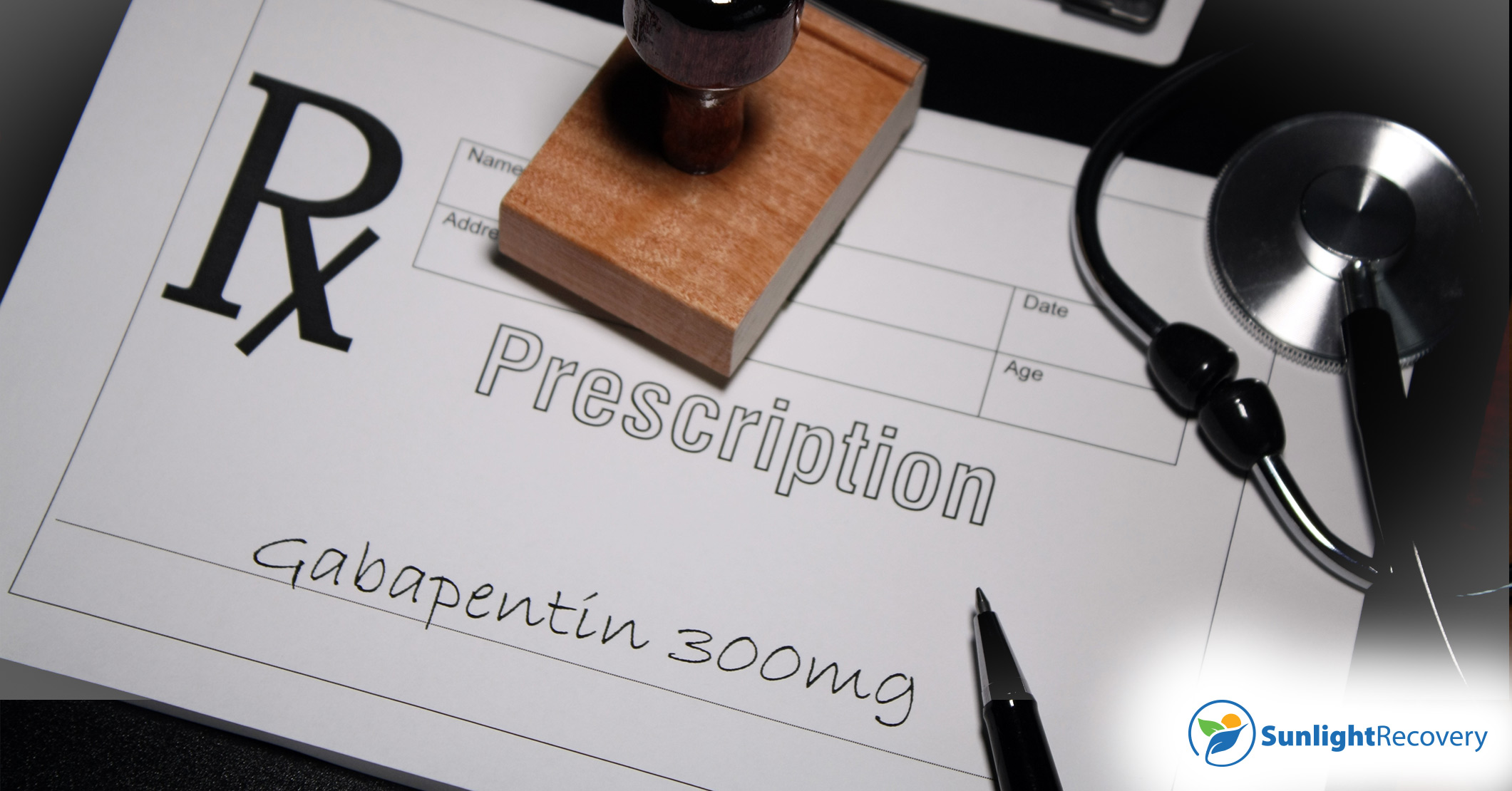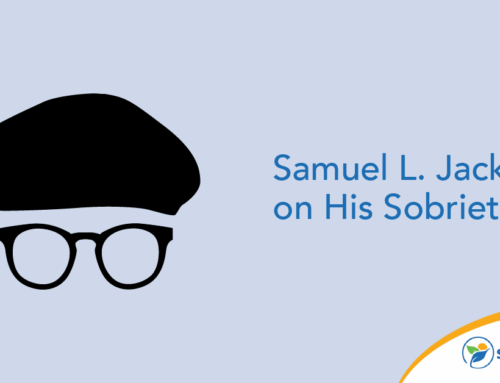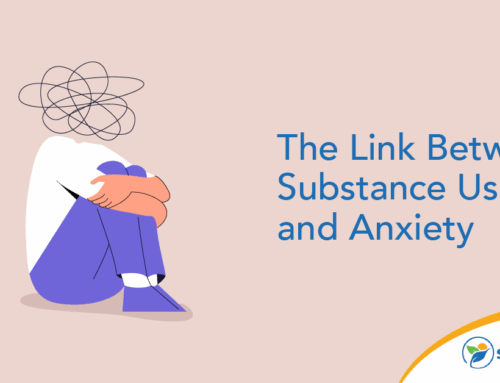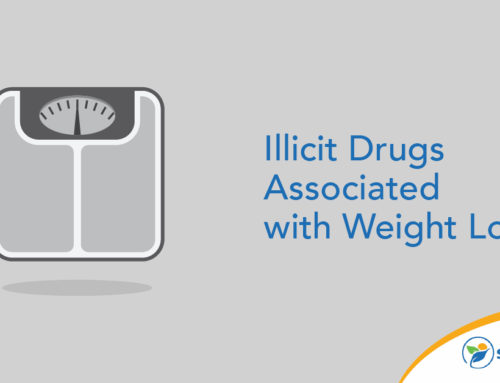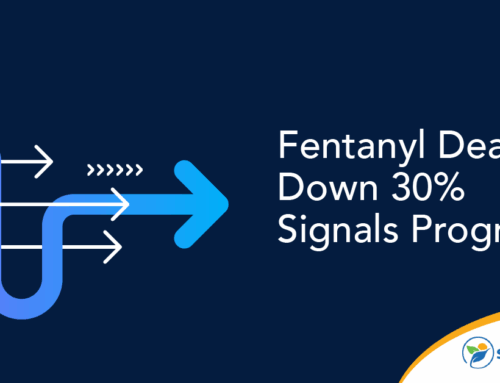Gabapentin is an anticonvulsant prescription to prevent and control seizures and neuropathic pain. It’s a common medication that the FDA has approved. But gabapentin’s side effects and risks are not to be ignored. Keep reading for a complete breakdown of this medication to better understand if this drug is right for you.
What Is Gabapentin?
Gabapentin is a prescription medication of gamma-aminobutyric acid (GABA) analog, sold under the brand name Neurontin. This drug is primarily used :
- To treat partial seizures, epilepsy and restless leg syndrome
- To treat neuropathic pain caused by shingles, diabetic neuropathy, postherpetic neuralgia and central pain
- As a calming measure to help those in addiction centers get through intense withdrawal symptoms
How Does Gabapentin Work?
Gabapentin was discovered in the 1970s. The FDA approved it as a prescription medication in 1993, and it’s been available generically in the United States since 2004. Initially, the drug was marketed as a muscle relaxer and anti-spasmodic prescription. However, it became clear later that gabapentin had a much more critical benefit as an anticonvulsive medication.
Gabapentin stops seizures by lowering the abnormal electrical activity in the brain. It also can block pain messages traveling through the brain and down the spine, which makes it helpful in reducing nerve pain.
Individuals can get gabapentin in an immediate-release or extended-release version, depending on their needs. It’s estimated that the half-life of gabapentin is approximately 6.5 hours and that the drug can be traced in the body for up to 3 days.
Gabapentin Side Effects
Anyone considering taking gabapentin should be highly aware of the potential side effects of the drug (as is the case with any prescription).
Approximately 1 in every 100 people taking gabapentin report feeling side effects. Some of the most common side effects of gabapentin are:
- Blurry vision or dizziness
- Decreased immunity
- Diarrhea and nausea
- Dry mouth
- Tiredness
- Headaches
- Impotence
- Mood swings
- Memory problems
- Swelling in the legs and arms
- Weight gain
These symptoms are typically relatively mild and usually resolve themselves in a few weeks.
There are some more severe side effects of gabapentin. These are much less common, but you should contact a doctor immediately if you notice any of these symptoms:
- Hallucinations
- Suicidal thoughts
- A high temperature, swollen glands, yellow-colored eyes or skin, unusual bruises or bleeding, severe weakness, unexpected muscle pain or weakness
- Inflamed pancreas (warning signs include consistent stomach pain and feeling sick)
Is Gabapentin a Narcotic?
Gabapentin is not a narcotic or a federally controlled substance. However, a handful of states have reclassified the drug as a Schedule 5 controlled substance, labeling it as having the potential for misuse. The states that have reclassified gabapentin are Alabama, Kentucky, Michigan, North Dakota, Tennessee, Virginia and West Virginia.
Gabapentin Risks
One of the significant risks of taking gabapentin is that it can be habit-forming, leading to misuse and addiction. It also comes with withdrawal symptoms.
Misuse
Gabapentin might not be marked as a federally controlled substance, but in recent years, there have been calls to monitor this prescription for possible misuse. In February 2017, Ohio issued an alert after noticing a massive increase in gabapentin misuse across the state. By May 2017, gabapentin had climbed the charts to become the fifth most prescribed drug in the United States. A more recent ranking shows that gabapentin now sits at the sixth spot, which is still fairly high.
The demand for gabapentin is coming from its promise as a pain suppressant. The Federal Centers for Disease Control and Prevention states that gabapentin is nonaddictive and safe, so doctors can prescribe this drug as an alternative to opiates for chronic pain management.
However, concerns are arising about how well the risks of gabapentin are understood. Two papers were published in 2015 and 2016 that found people who abuse opiates also often misuse gabapentin to get high.
So, it seems there may be a danger that gabapentin is habit-forming after all.
Withdrawal
The second risk individuals should be aware of is withdrawal. A patient living with restless leg syndrome, nerve pain or epilepsy is likely not seeing their condition disappear. So, if a patient is put on gabapentin, they may be on it for an extended period. Over time, the patient will likely develop a tolerance to the prescription and require a higher dosage for the same effects.
At some point, a doctor may recommend coming off of gabapentin if they notice a patient has developed a high tolerance. Individuals who suddenly stop using gabapentin may experience withdrawal symptoms lasting 5-10 days. These include:
- Anxiety
- Cold-like symptoms
- Confusion
- Pain in the chest
- Discomfort
- Headaches
- High blood pressure
- A sensitivity to light
Safe Usage Guidelines and Precautions
Gabapentin can be a safe drug to help alleviate symptoms of certain conditions. However, it’s essential to follow guidelines when taking this prescription:
- Only take gabapentin when it’s prescribed by your doctor.
- Always follow the dosage guidelines for quantity and frequency.
- Talk to your doctor if you notice you’re building up a tolerance.
- Don’t mix gabapentin with other drugs.
The Role of Health Care Providers in Assessing Safety and Monitoring Use
Of course, doctors and health care providers play a role in the safe usage of prescription drugs like gabapentin, too. Doctors should notice when a patient seems to be going through their prescription too fast or asking for a more potent dosage.
Additionally, doctors should carefully educate their patients on the risks of gabapentin before prescribing it to them. For example, a patient with a history of substance abuse may want to avoid a drug like gabapentin after they find out it can be habit-forming.
Patients and physicians should work as a team. A physician can offer better care to their patient when they educate them on all the risks of a drug before starting them on a new medication.
Recovery Is Just a Call Away
If you or someone you know is dealing with a gabapentin addiction, it’s time to seek professional help. Sunlight Recovery offers substance abuse treatment programs that fit the needs of any patient. Our highly experienced and licensed clinical and medical professionals are skilled in all areas of drug recovery. You don’t have to live with an addiction any longer. Contact us today to take the first step to your new life.


